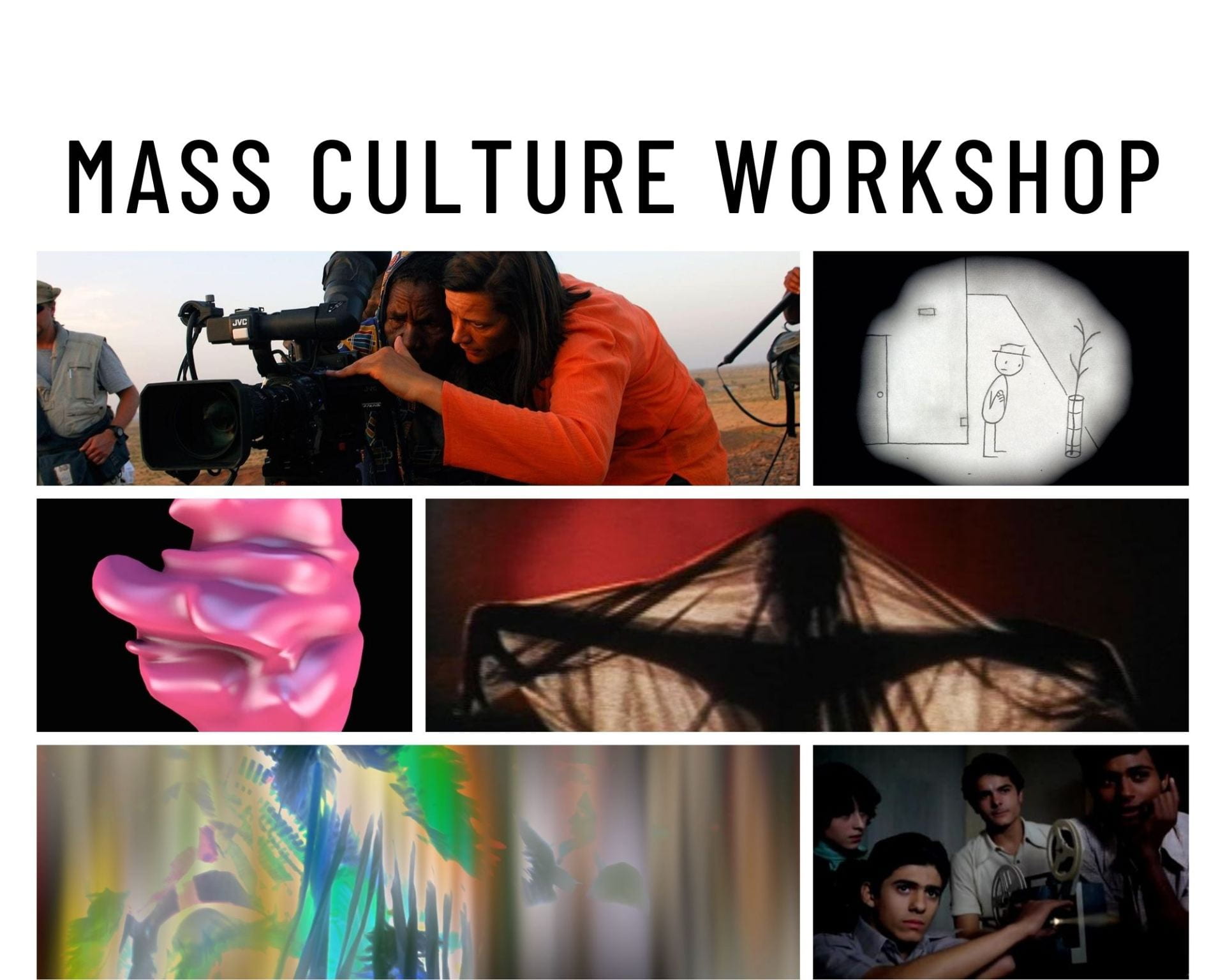Please join us on Friday, May 22nd, 2020 from 11 am to 12:30 pm over Zoom.
We are delighted to welcome Ariel Rogers, Associate Professor, Department of Radio/Television/Film, Northwestern University, who will be presenting her paper titled “Framing VR.”
Sasha Crawford-Holland, PhD Student at the Department of Cinema and Media Studies, will serve as a respondent.
Ariel’s document is available for download here.
**Please do not circulate without permission.**
Email either Sophie (sophielynch@uchicago.edu) or Tanya (tanyad@uchicago.edu) for the password and the link to the Zoom meeting.
‘Framing VR’ explores the ways in which recent experiments with virtual reality (VR) can help us to reassess the notion of the frame and the practice of framing. VR is often situated within a genealogy of immersive media that are taken to eliminate or transgress a notion of the frame aligned with objects such as picture frames, proscenia, and film screens. This essay, however, argues that VR is better understood to transform the frame. Suggesting that we consider the frame of moving-image media not only as the delimitation of a view but more broadly as a frame of reference, the essay proposes means of conceptualizing the VR frame and the framing practices that employ it. In examining VR “films” such as Dear Angelica (Saschka Unseld, 2017) and Traveling While Black (Roger Ross Williams and Ayesha Nadarajah, 2019), it seeks to show how the VR frame—like the cinematic frame—works to organize and demarcate representation, giving shape to its formal, social, and political functions.
Ariel Rogers is an associate professor in the Department of Radio/Television/Film at Northwestern University. She is the author of Cinematic Appeals: The Experience of New Movie Technologies (2013) and On the Screen: Displaying the Moving Image, 1926-1942 (2019). Focusing on emerging technologies and media with particular attention to issues of spectatorship, she has worked on topics such as widescreen cinema, digital cinema, special effects, screen technologies, and virtual reality. Her current project explores the concept of the frame and the practice of framing across cinema and “new” digital media.

